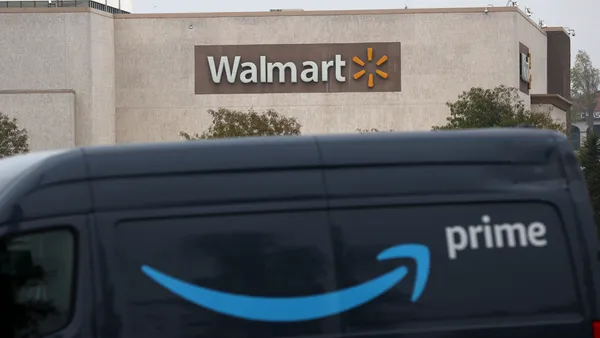Dive Brief:
- Direct ChassisLink, Inc. (DCLI) will acquire TRAC Intermodal's 72,000 strong domestic chassis fleet, according to a company press release. Financial terms of the acquisition are currently undisclosed.
- DCLI will gain a fleet of 53 foot chassis upon closing of the deal in January 2018 and, according to the press release, “related customer and hosting contracts with major Class I railroads and intermodal shipping companies throughout the United States.”
- The deal raises DCLI's total chassis fleet to over 216,000, with 136,000 marine chassis and 80,000 domestic chassis.
Dive Insight:
Consolidation in any industry is done with the intent to aggregate company assets together to ideally make a new, more efficient, more scalable entity to serve clients. The combining of DCLI and TRAC is no different, with the goal of the resulting fleet available for intermodal asset leasing to be deployable more efficiently for the logistics industry.
With this announced acquisition coming less than a year after both DCLI and TRAC announced that they would be raising daily usage rates for their chassis pools, citing both increased costs and maintenance needs, the question arises as to whether the combining of the two companies will help alleviate either of these cost issues. Furthermore, the ports themselves have pushed back against chassis on the premises, arguing that the chassis pools take up significant space at their terminals at no cost to companies such as DCLI, even leading some terminals to push for chassis usage fees, though these proposals have yet to be implemented.
And this comes at a time when there is a shortage of chassis supply which, in the aftermath of such crises as the Hanjin bankruptcy — which left the Port of Oakland in stasis as chassis remained stuck underneath unmoved containers — and even more recently, Hurricane Harvey's impact caused the Port of Houston to shut down, a container backlog and a shortage of available chassis has resulted. With looming holiday sales on the horizon, DCLI will have its work cut out for it to bring integration quickly, especially as the National Retail Federation estimates that peak sales in 2017 will be up 3.6% to 4% year over year.














